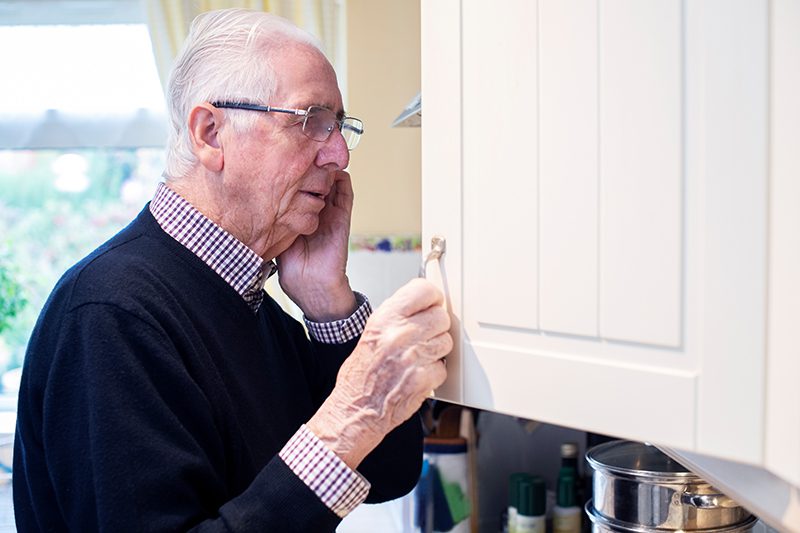Dementia & Alzheimer’s for Seniors
Dementia & Alzheimer’s is becoming common occurrence as we age, and it’s only natural that our abilities begin to decline. For many seniors, this includes issues with memory and cognition. Dementia and Alzheimer’s disease are two of the most common conditions that can cause these problems.
If you’re a senior or have a loved one who is dealing with dementia or Alzheimer’s, you may be wondering what kind of care options are available. In this article, we’ll go over some of the key considerations you should keep in mind when making your decision.
Understanding the Difference between Dementia & Alzheimer’s for Seniors
First and foremost, it’s important to understand the difference between dementia and Alzheimer’s disease. Dementia is a general term used to describe a decline in mental ability. Alzheimer’s disease, on the other hand, is a specific type of dementia that causes problems with memory, thinking, and behavior.
Seniors with dementia or Alzheimer’s will often require special care in order to maintain their quality of life. This can include help with activities of daily living such as bathing, eating, and dressing. In some cases, 24-hour care may be necessary.
Before making a decision about senior care, it’s important to consult with a doctor or other medical professional. They can help you understand the specific needs of your loved one and make recommendations about the best course of action.
Dementia & Alzheimer’s for Seniors What is Next?
There are a variety of Senior care options available, so it’s important to do your research and find the one that’s right for your loved one. With the right care, seniors with dementia or Alzheimer’s can still enjoy a good quality of life.
The key is early recognition. You are on the frontlines (so to speak) in seeing the daily changes in your loved one. Do not simply chalk it up to age. Caregivers, especially those trained in the areas of memory care can play a huge role in slowing memory loss. Through cognitive therapy. What is cognitive therapy? Click here for Cognitive Therapy.
In-home senior care will prove vital for your loved one. By establishing a routine, a routine of care, and cognitive therapy you will discover a happier, healthier, more engaged person. Ready to see the next steps? Click here to find out more.
